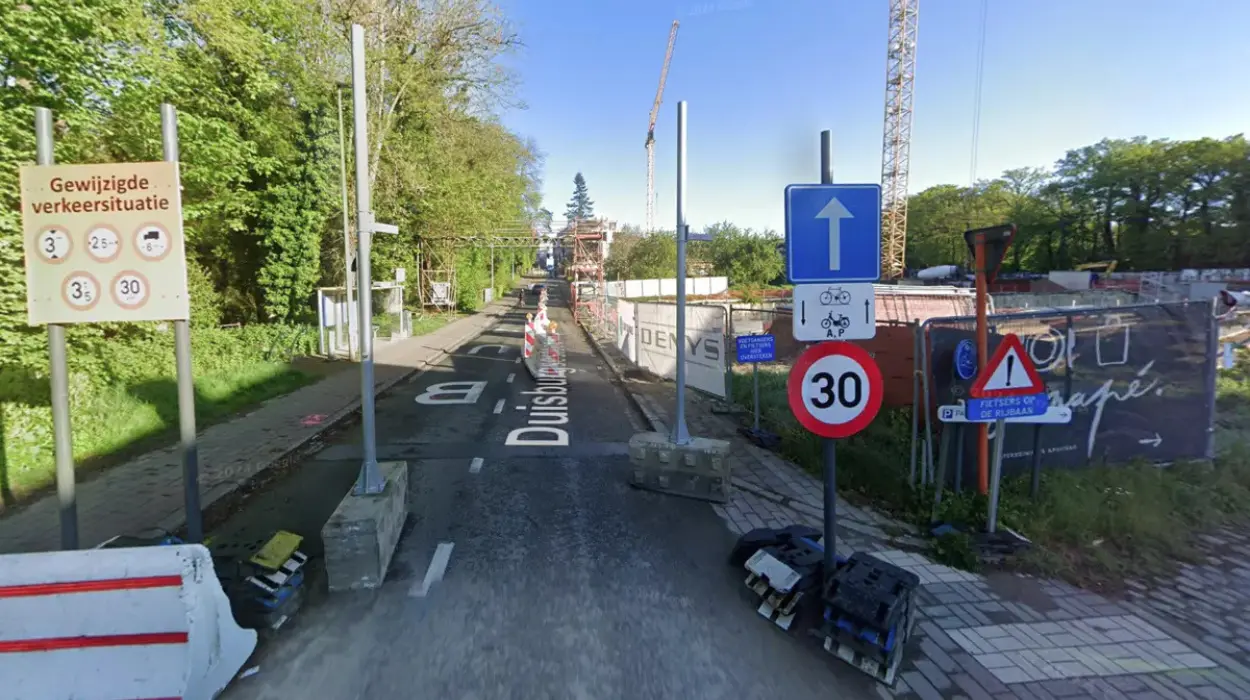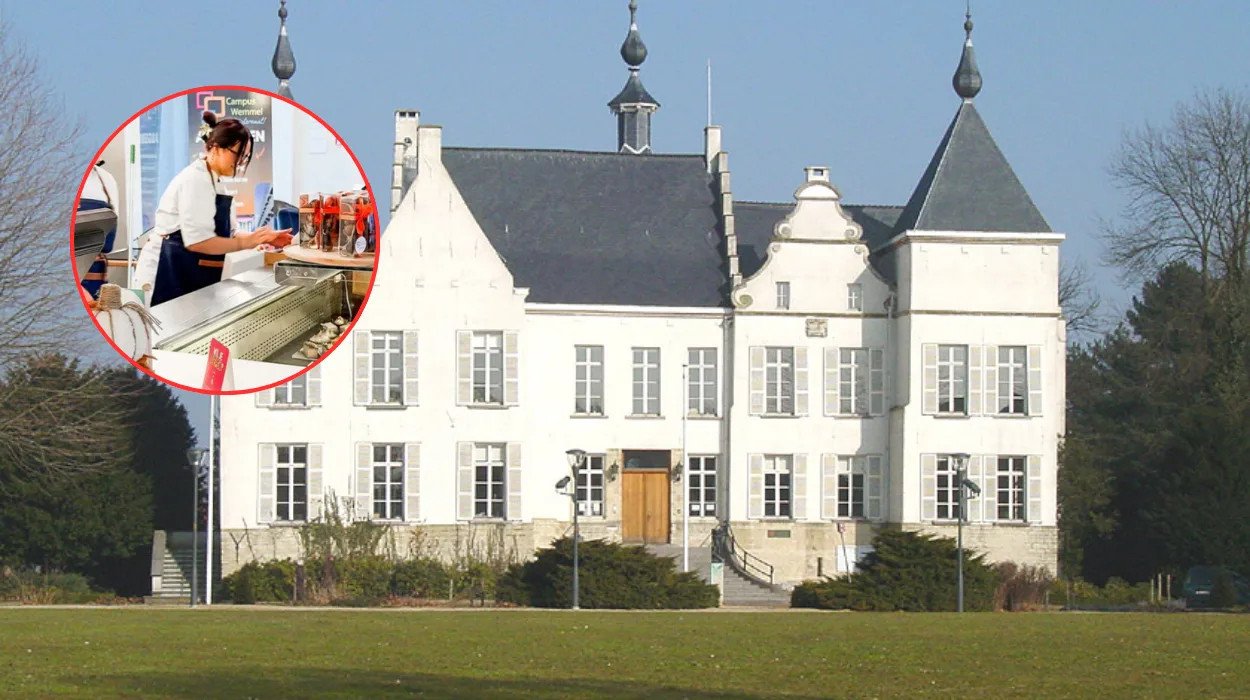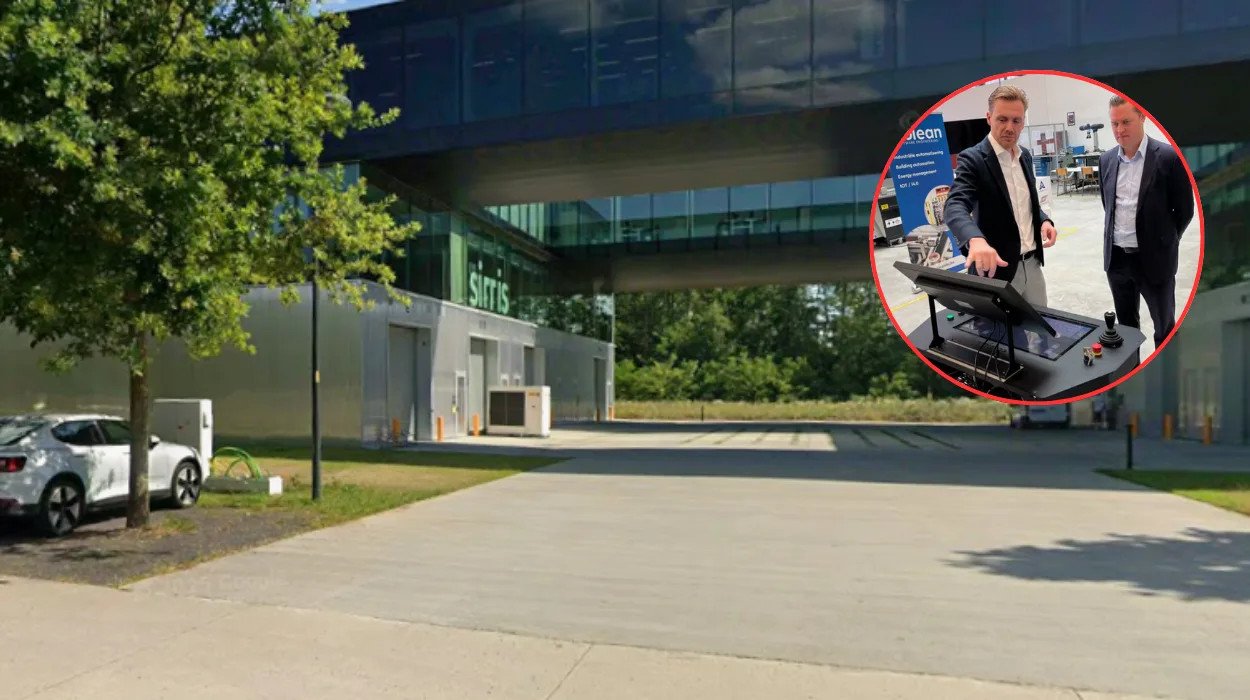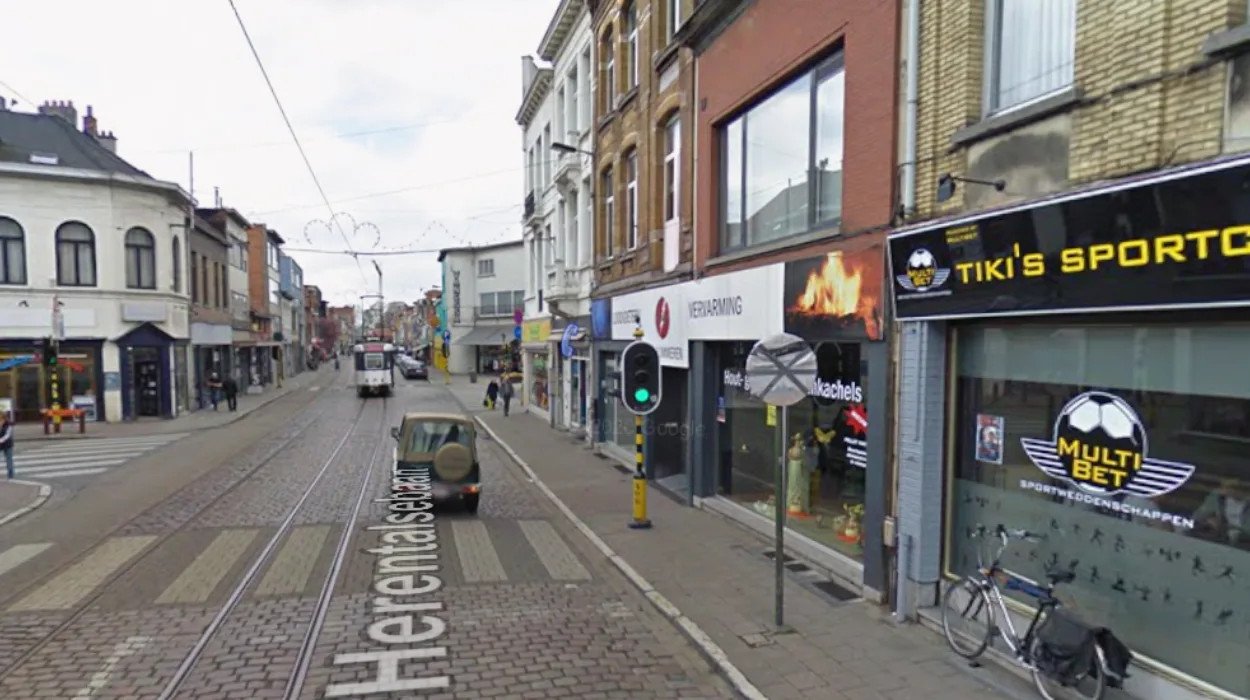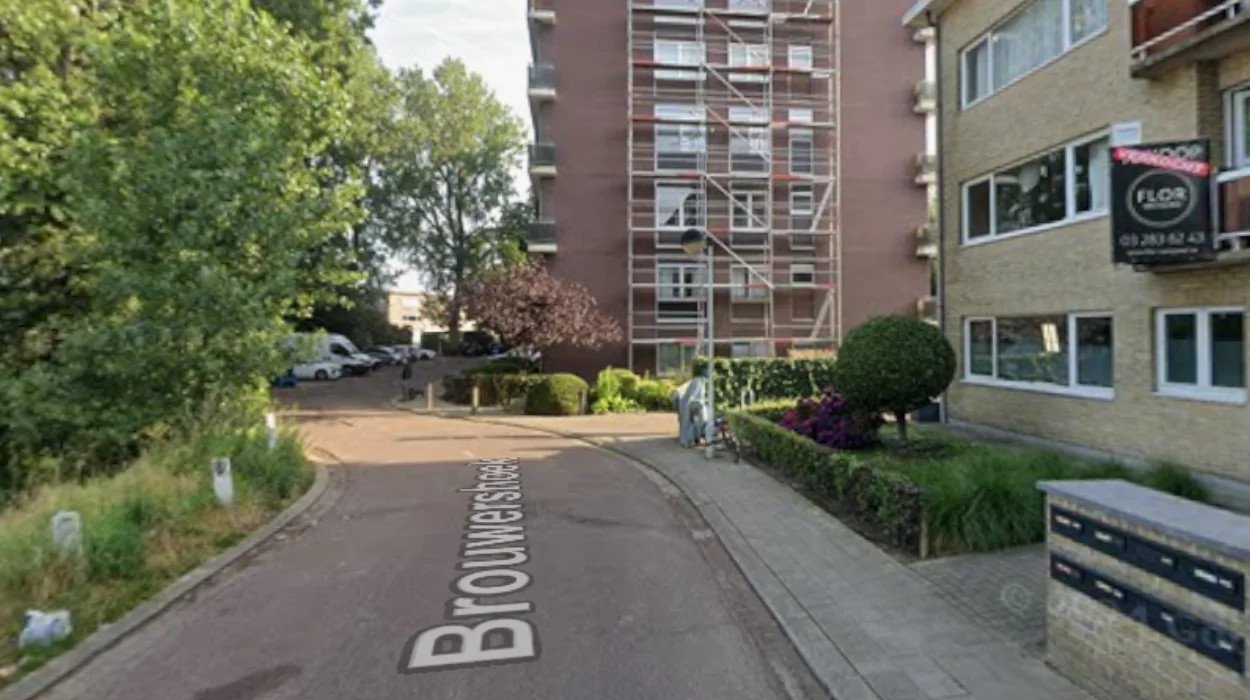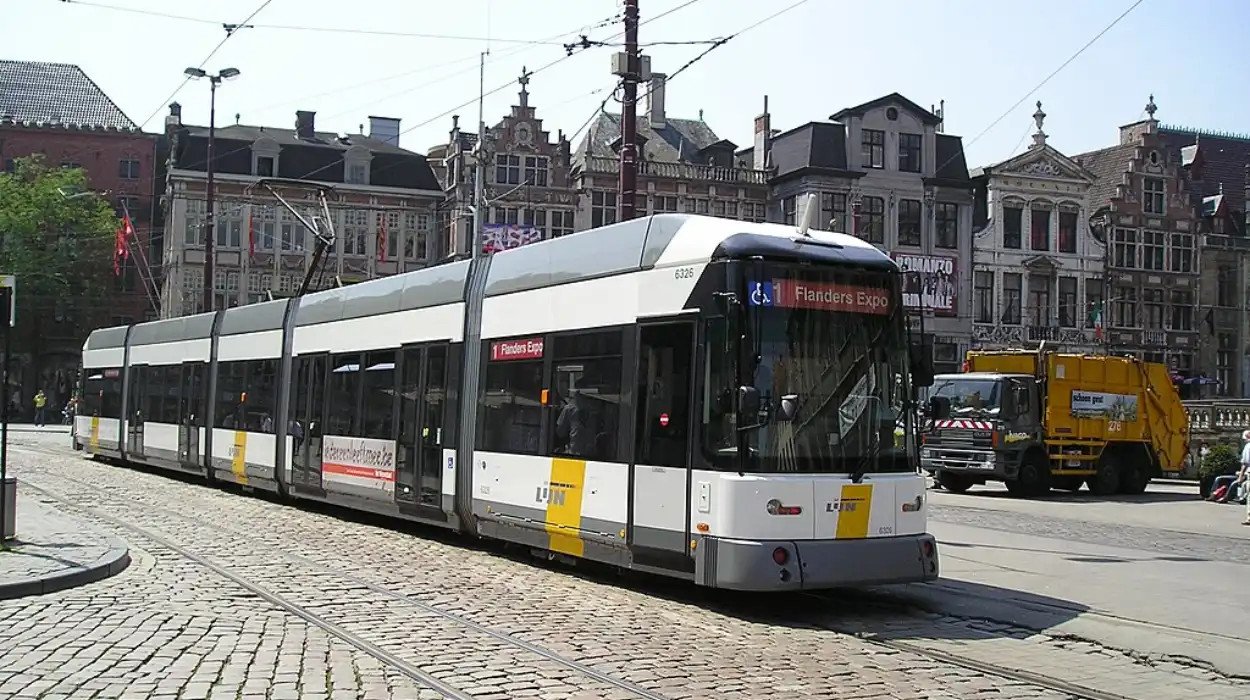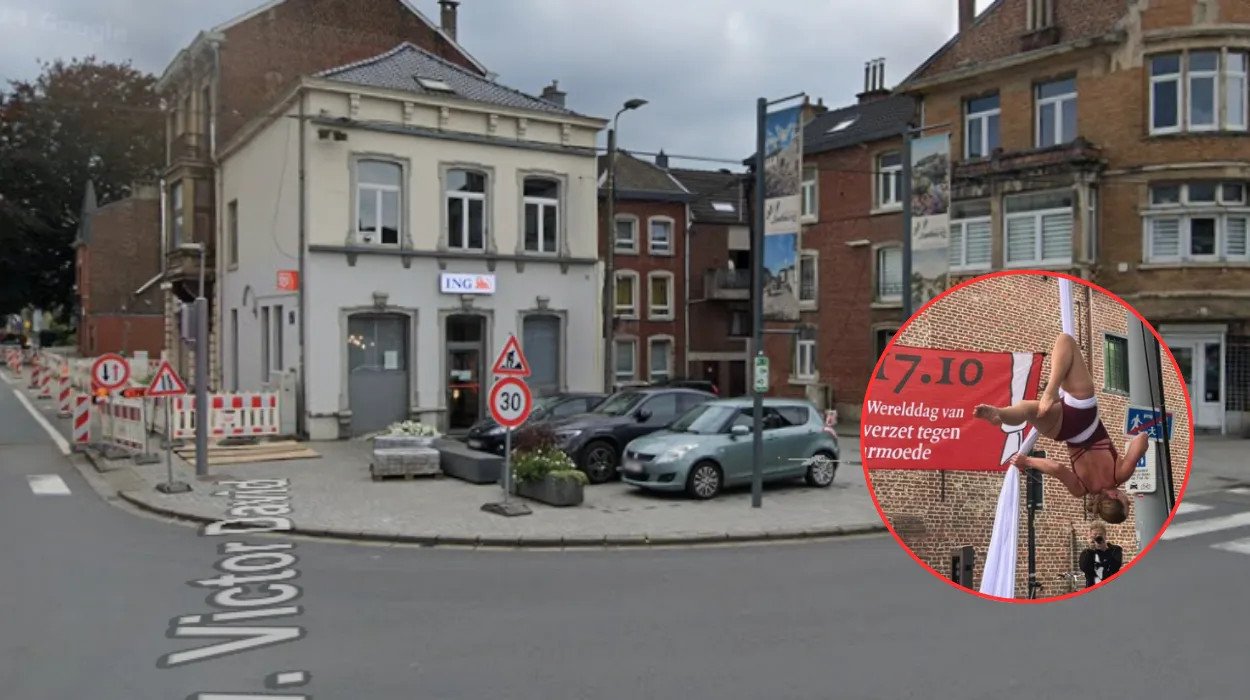Tervuren (24brussels) – In Tervuren, Cyclists’ Union chairman Guy Pleysier has called for an extension of 30 km/h speed zones surrounding schools. Alderman Marc Charlier defends the existing 50 km/h limit, stating it is safe, citing constraints on police enforcement in the Voer en Dijle zone.
As the new school year approaches in Tervuren, Flemish Brabant, safety concerns regarding school zones have resurfaced. The Cyclists’ Union demands the implementation of a broader 30 km/h speed limit to encompass more streets frequented by children and cyclists. This appeal follows recent road construction on Duisburgesteenweg, which temporarily reduced speed limits to 30 km/h in specific areas.
Despite the temporary measures, the Cyclists’ Union noted widespread disregard for speed limits, with many drivers exceeding 50 km/h. Pleysier warned that post-construction, drivers might revert to even higher speeds—potentially reaching 100 to 110 km/h—placing school children at significant risk while commuting.
“Many schoolchildren pass by every day during the school year,”
said Guy Pleysier, Chairman of the Cyclists’ Union Tervuren.
“They still need to learn to assess the dangers of traffic. These are streets where cars travel at 50 kilometres per hour that are truly dangerous.”
What actions are the Tervuren authorities taking regarding 30 km/h zones near schools?
In response to these concerns, the municipal council has declined to expand lower speed limits. Alderman for Mobility, Marc Charlier (N-VA), insisted that the designated school zones already enforce a 30 km/h limit, providing safety for children in areas directly adjacent to schools. The Cyclists’ Union is advocating for the inclusion of surrounding streets that are commonly used by student cyclists, but the council deems this extension unnecessary at this time.
“That means entire stretches would have to be limited to 30 kilometres per hour.”
Charlier stated.
“That’s not possible. 50 kilometres per hour isn’t necessarily an unsafe speed. The few unsafe traffic situations in the municipality are mainly related to infrastructure. That takes time.”
According to the alderman, the aim is to facilitate mobility while ensuring road safety for all users. He believes in maintaining efficient traffic flow without compromising safety in the process.
“For us, 50 per hour remains the standard,”
Charlier remarked.
“We’ll introduce 30 per hour in places where it’s necessary: where it’s dangerous, or where the street is too narrow to pass someone.”
Pleysier from the Union emphasized the need for increased speed monitoring to enforce the 50 km/h limit. Charlier acknowledged the constraints faced by local police, as the municipality is part of the Voer en Dijle police zone, covering four municipalities. This structure limits officers’ ability to monitor specific areas for extended periods.
“Capacity is therefore limited,”
The alderman added.
“But if we receive reports, for example, from residents about cars driving too fast, we will report them to the police. This is currently the case, for example, on Jezus Eiklaan.”
In Leuven, city officials have increased speed checks and implemented additional traffic-calming measures in response to repeated complaints from local cyclists. Officers have been strategically deployed, while mobile speed cameras cover multiple streets. Similarly, in Mechelen, a debate emerged regarding resource allocation among police forces needed for effective monitoring across several municipalities.
